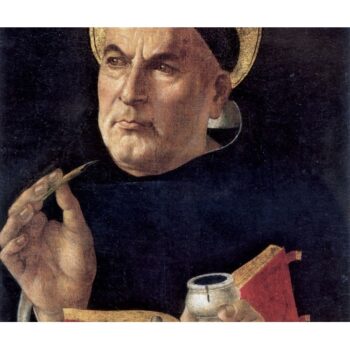RETURN TO TABLE OF CONTENTS
Other Sophists
On various issues the sophists were clearly not of one mind. Callicles and Hippias of Elis both disagreed with Protagoras about the primacy of convention over nature. Nature, they maintained, was primary. In fact, Callicles offers arguments that sound rather Nietzschen. The morals embodied in customs benefit those who are weak in society while holding back individuals who are by nature strong. According to a natural justice, those who are strong should pursue their own interests and not be held back by social conventions.
The view of the primacy of nature over convention leads Hippias is a fully different direction. He seems to have believed that there are unwritten laws of nature that could trump social conventions. This also indicates the basis at least for a view that would rise above the relativism for which the sophists are known since appeals to this natural law could be used to adjudicate between conflicts of existing laws. His views on this may have been influenced by Heraclitus. The threat of appeals to such laws were in any case severe enough that an ordinance was passed in Athens in the fifth century BCE that forbad the reference to unwritten laws in court cases.
Critias, a friend of Socrates who some consider a sophist, has interesting ideas on the origin of our views of the gods that are echoed historically later by Hobbes, perhaps unwittingly. The gods, he argues, are fictions created by clever to prey on people’s fears and stop people from breaking moral conventions. Here, Critias apparently does not think of the gods as a product of the weak, as a thinker with Callicles orientation would, who want to impose social order on the strong, but rather as a product of the strong who want to impose rules on the weak. In contrast to Callicles, then, who sees the weak as benefiting from the laws, Critias sees the strong as benefiting from them.
Thrasymacus is most well-known for his view of justice. In the Republic, Plato has him making two contrary claims: 1) Justice is what is the good of the stronger. 2) Justice is the promotion of the good of another. For a weaker party in a transaction, these two might coincide, but for the stronger, they would not. He is not shown to reason so clearly about these issues. He shows greater clarity of thought on his own views of the existence of the gods. His argument points to what has come to be known as the problem of evil. Given the evil in the world, Thrasymacus argues we must conclude either that the gods do not exist or that they do not care about the affairs of men. He thinks the latter view more convincing (Waterfield, 270).
Thrasymacus, like many of the sophists, was articulating and perhaps exacerbating the religious and moral crisis in Athens. The old order of the gods, with the social and moral conventions that were tied into Greek natural theology, was breaking down. The sophists contributed to the breakdown of both of the theology and the dominant moral views. Perhaps one reason they have been demonized over history is that they highlight weaknesses of their social order without offering strongly argued positions to replace them with. In addition, their thinking often appears to lack consistency. Plato and Aristotle will do a better job of developing systems of thought that address the religious and moral crisis in Athens. But various impulses of the sophists will continue to resonate with people throughout history and various ideas that they express in kernel form will eventually find better spokespeople.
Go to chapter 7, Socrates.

